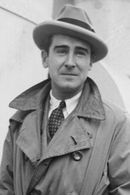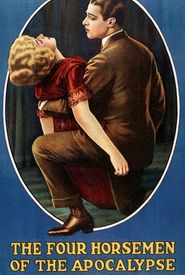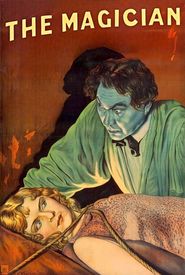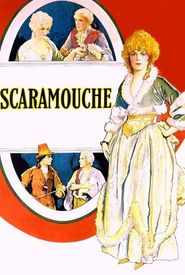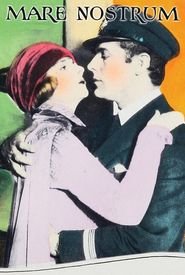Rex Ingram, a renowned and accomplished director, embarked on his cinematic journey as a set designer and painter, laying the foundation for his future success. His directorial debut, The Great Problem, marked a significant milestone in 1916, showcasing his early talent and dedication to the craft.
As a master of his medium, Ingram was deeply disillusioned with the commercial aspects of the Hollywood system, often finding himself at odds with the business haggling that came with it. Moreover, he was disenchanted with the quality of writing he encountered from American writers, which led him to collaborate with foreign writers, such as Vicente Blasco Ibáñez.
This collaboration resulted in the first major role for the young Rudolph Valentino, who would go on to become a legendary figure in the world of cinema. Ingram's association with Erich von Stroheim, another highly acclaimed filmmaker, was marked by a strong friendship, as well as a shared frustration with the tendency to exceed budget constraints.
In 1924, Ingram made the bold decision to relocate to Nice, France, where he established his own studios and enjoyed the creative freedom to direct films that resonated with his artistic vision. Often working alongside his then-wife, the talented actress Alice Terry, Ingram's later career was marked by a sense of mentorship, as he guided the young Michael Powell, helping to shape the next generation of filmmakers.
Throughout his illustrious career, Rex Ingram remained committed to his artistic vision, refusing to compromise on his creative values, even in the face of adversity. His legacy continues to inspire and influence filmmakers to this day, a testament to his enduring impact on the world of cinema.
